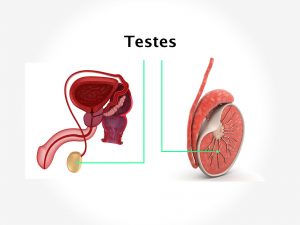Causes and risk factors
The exact cause of cancer is not known, but various risk factors or predisposing factors have been put forth. It is found that the cells undergo an uncontrolled and abnormal proliferation which gives rise to formation of tumors. Genetic predisposition is one of the major causes. Heredity plays a major role. Family history of lymphoma and leukemia. People with weak immune system and suffering from HIV are more prone to cancer. Taking corticosteroid medications or any history of organ transplantation which hampers the immune system are certain contributing factors. Although it is not clear, but exposure to industrial and environmental factors, (e.g., nitrosamines) have found to cause a role in development of cancer. Secondary affection of the spleen, i.e., metastasis from cancer present elsewhere in the body is the most prominent cause.
Clinical presentation:
There are various types of splenic cancers – lymphoma, non-Hodgkin’s lymphoma, T cell lymphoma. In a majority of the cases, the patient remains asymptomatic in the initial phases. As the pathology advances, various symptoms can be seen. The patient usually comes up with a complaint of pain in the abdomen, nausea, severe vomiting, and jaundice. The pain occurs in the upper part of the abdomen. On examination, yellowish discoloration of the sclera is seen (jaundice). Palpation of the abdomen reveals tenderness and feeling of a lump (maybe) in abdomen. Patient passes dark colored urine and white or grayish greasy stools. Weight loss, fatigue, loss of appetite, and night sweats are other symptoms seen. Pain in the bones, breathlessness, itching of skin, and diarrhea are the other symptoms seen. Severe infection and rupture of the spleen, which although rare, are the most serious complications.
Investigations:
Diagnosis is done on the basis of symptoms narrated by the patient and the examination carried out by the doctor. Palpation of the abdomen, examination of the lymph nodes, and examination of the sclera for sign of jaundice is done. Certain investigations like routine blood test and blood markers for cancer, ultrasound scanning of the abdomen and pelvis, and CT scans of abdomen are advised. On detection of any abnormality in the spleen, a biopsy is done. A complete scan of the body (PET) scan is also recommended for metastasis.
Treatment:
The treatment plan depends upon the type and stage of cancer. Medications for symptomatic relief are administered. Radiation therapy is used. Targeted chemotherapy and immunotherapy agents are administered. Excision of the tumor along with surrounding healthy cells is done. Stem cell transplantation for production of new blood cells is also recommended.






























